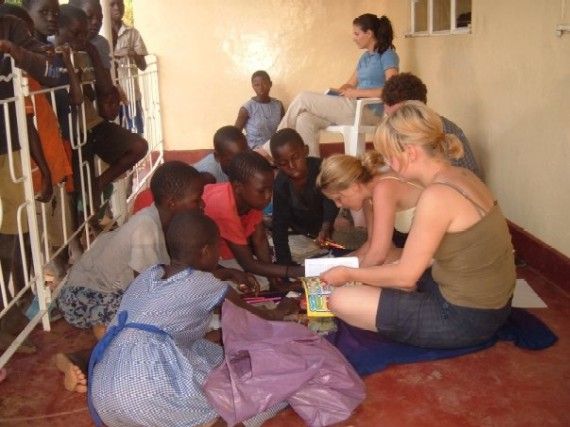If you are going to travel in Africa on your Gap Year then this handy guide will tell you what to expect when you touch down in this amazing continent and how to get the most out of your trip. Whether you are volunteering with AV or travelling independently, your time in Africa will be very different to life at home. Being aware of what the living conditions, food and lifestyle are like, will help you hit the ground running from day one of your Gap Year.
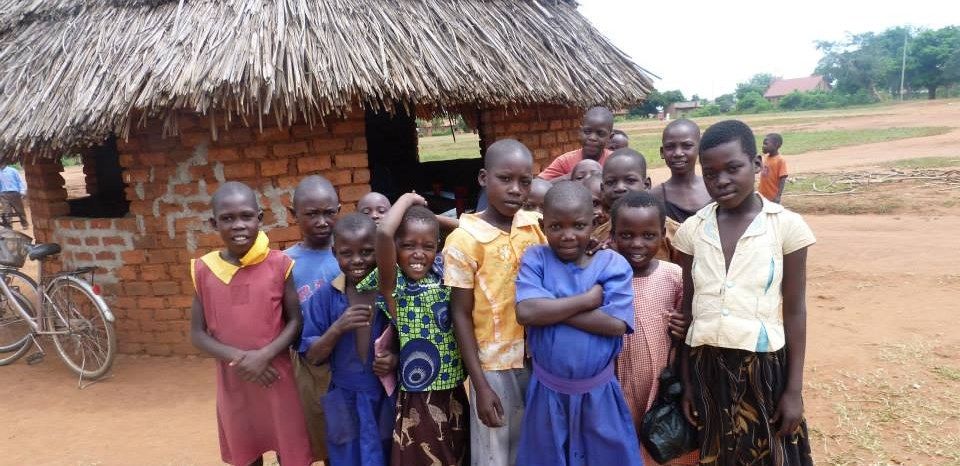
What is it like to travel in Africa and what is the best way to get around?
Airports are quite spread out around this vast continent so once you know where you want to go, you will need to identify the nearest airport. If you can’t get a direct flight then you can normally fly in to the major airports and then get a smaller internal flight to the more remote regions. From the airport you will need to travel by road to your destination but be aware that ‘road’ can sometimes be a loose term and you might find the journey takes you along bumpy dirt tracks. You may also be sharing the road with some unusual traffic!
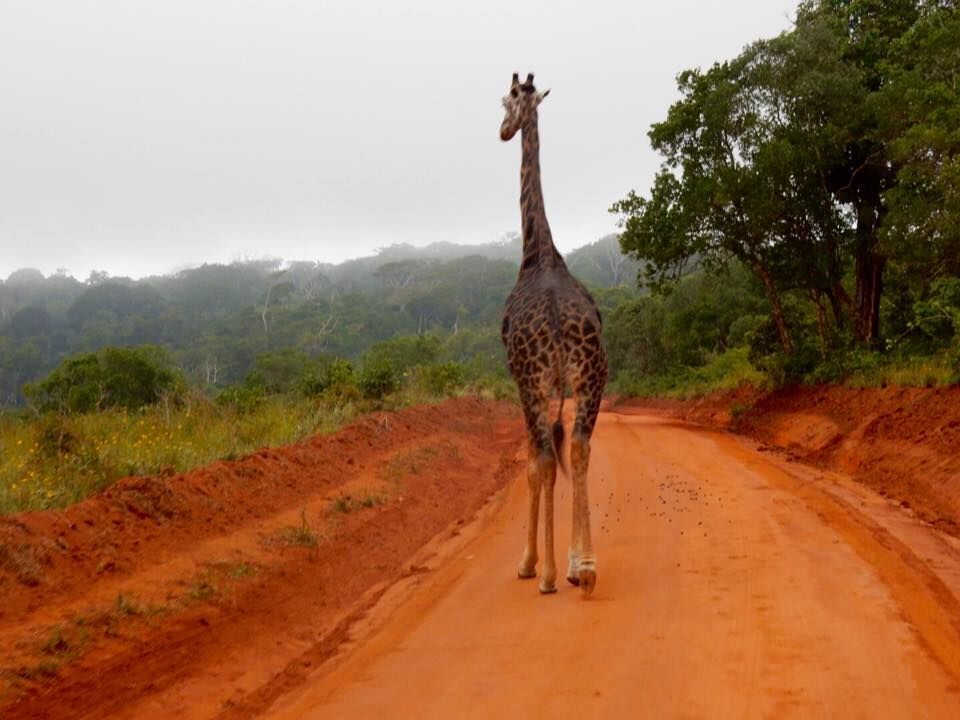
If you are planning to travel in Africa independently then you will find matatus, tuk-tuks, rickshaws and more will be available for you to reach your destination. Be prepared to share your journey with the locals on their way home from market (and maybe the odd chicken or goat!), don’t always expect to get a seat and don’t worry if the service isn’t running on time, this is to be expected in this laid back continent, just go with it! Remember that travelling long distances by bus is much safer in the day than at night. In Kenya you will need to buy a ticket if you are planning to ride the bus or train and will be allocated a seat as it is illegal to stand, if you buy your ticket in advance then you can choose your seat.
If you are travelling with AV then our in-country team will meet you at the airport and travel with you to your new home so you don’t need to worry about arranging transfers or finding a solution when you arrive, they will arrange everything for you and ensure you arrive safely. They will also be on hand throughout the duration of your trip and are only ever a phone call away, even if you go on to travel in Africa after your volunteering placement has ended.
Shopping, cooking and eating while you travel in Africa
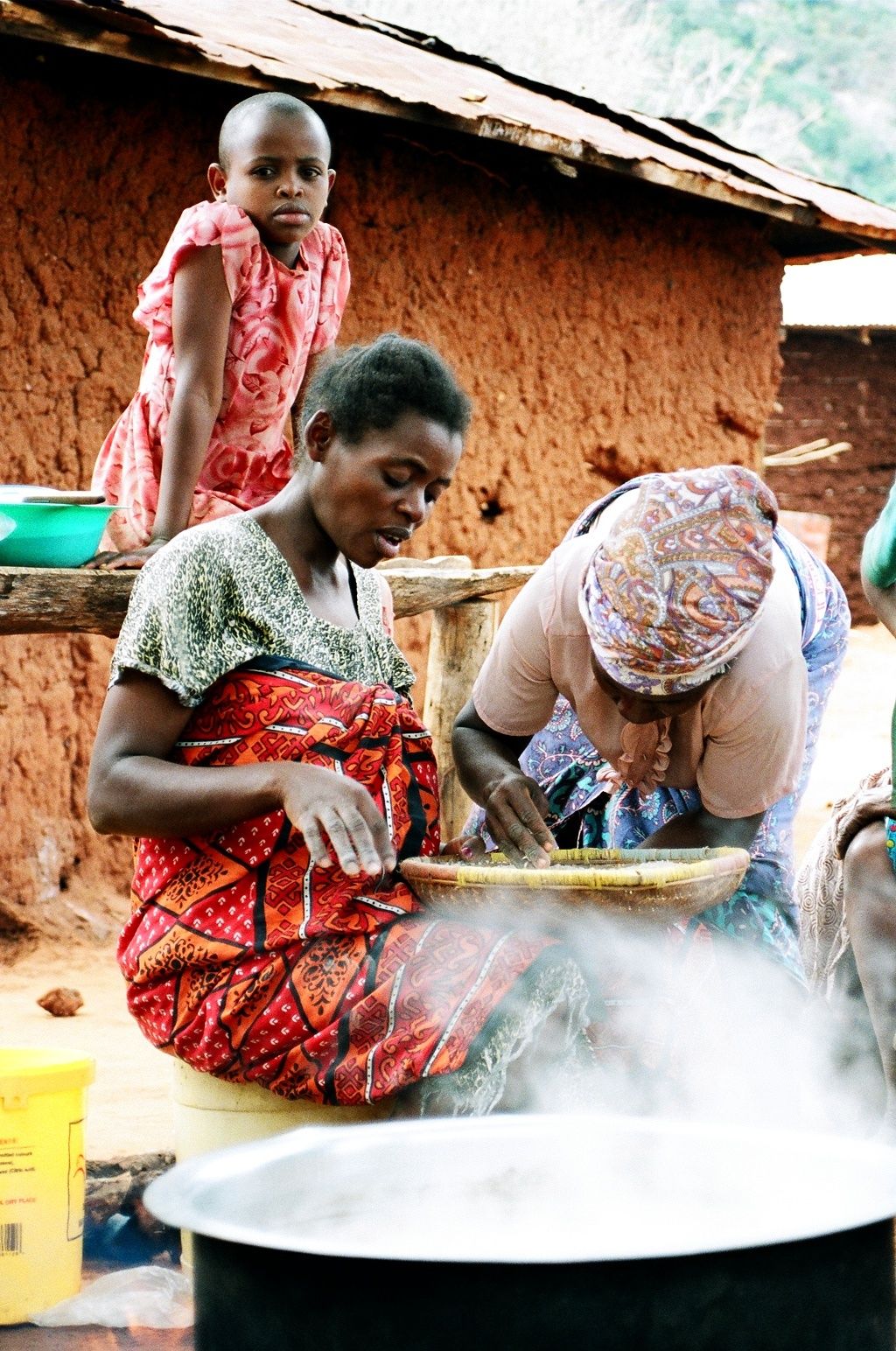
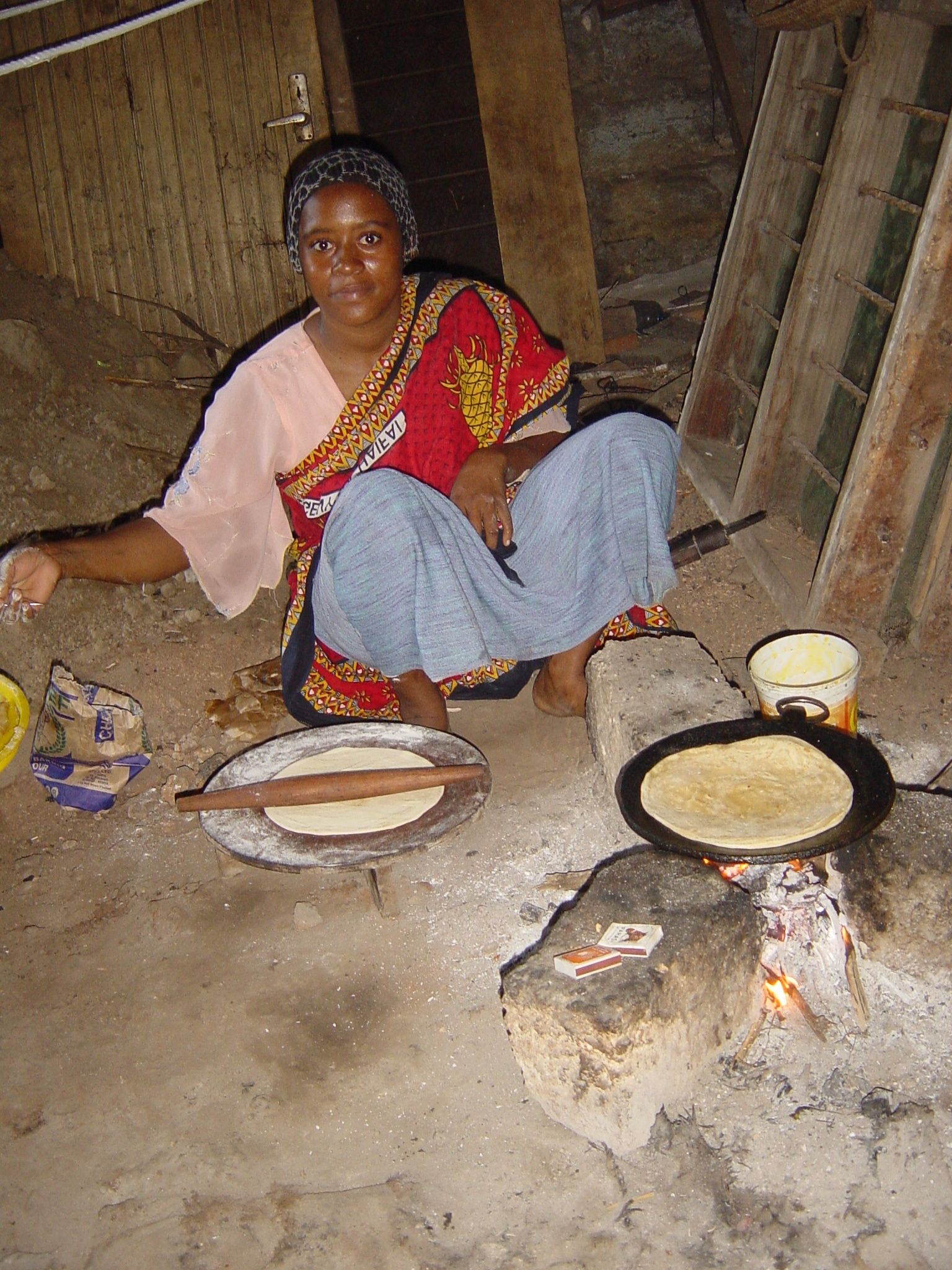
Learn to cook like a local!

One of the biggest culture shocks for Gap Year students that travel to Africa is always the food. Home comforts like mum’s cooking and the convenience of fast food, cafes and restaurants will seem like a distant memory once you move in to your new accommodation. Our advice is to embrace it! Learn how to shop, cook and eat like a local and you will get far more out of your Gap Year than you ever thought possible.
Not only will you learn new skills but cooking is a fantastic way to bond with your fellow travellers and the community that you are living in. In Africa cooking and eating is a sociable, community event and you will find you quickly make friends if you are willing to get stuck in and show an interest in their traditional way of life.
It is important to remember that you can’t just drink water straight from the tap in Africa, like you do at home. Instead, use boiled, bottled or treated (e.g. with iodine or similar) water to avoid any issues.
Your nearest village or town will almost certainly have a market that will sell all manner of local produce, from fruit and veg to rice and pulses, fish and meat, you will be able to buy everything you need to cook healthy, tasty meals in your accommodation. You will also be able to buy most of the food you need from roadside kiosks or small village shops.
You will also meet so many friendly, welcoming people who will offer advice on what to buy and you can have great fun learning to negotiate to get the price down which is expected at these markets.
This is what a full immersion gap year is all about and the experience will undoubtedly stay with you for life, a trip to your local supermarket will never feel the same again once you are back home.
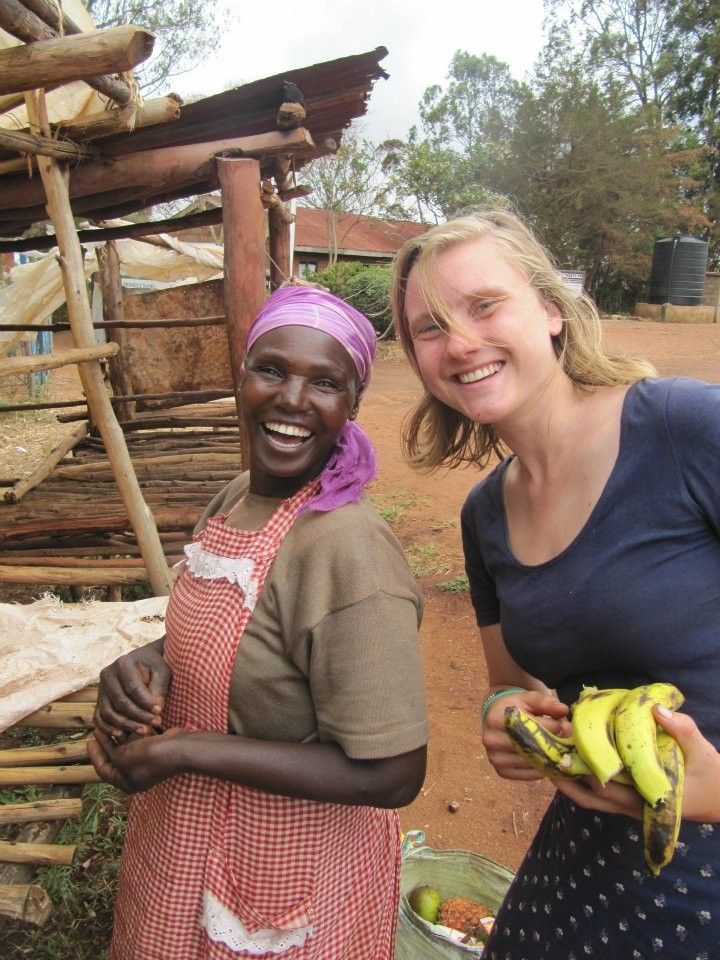
You will need to pay cash when you are shopping at these markets but its best not to carry too much cash around with you when you travel in Africa. Try to use small change as it might be difficult for a stall holder to give change for a large note. Club together with your fellow travellers to buy food so you don’t need to carry lots of cash yourself and just draw out what you need when you are in the nearest town and have access to a bank or cash point.
There are also lots of roadside kiosks selling cheap, wholesome food. It is a great way to grab a nutritious lunch and make some friends in the village while you are there.
Living in Africa. What will your accommodation be like?
If you are travelling independently then you might choose to stay in youth hostels, hotels or backpacker camps, but if you travel with AV then you will be staying with small groups of your fellow AV’s in designated accommodation or with host families in the villages where you are based for your volunteering placements.
You will have a small kitchen and living space, and a toilet that you share with your fellow travellers or your host family. You will probably share a bedroom with one or more other AV’s. Electricity and water are normally supplied to areas that we travel to but they are intermittent so don’t be surprised if you have to wash in a bucket rather than taking a hot shower from time to time and you will undoubtedly end up playing cards or talking to your fellow AVs and the locals by candlelight at night.
You might like to take a mosquito net with you when you travel in Africa and should expect to wash your clothes and bedding by hand as there are no washing machines in rural areas. You should buy perishable food for that day rather than doing a weekly shop because you may not have a fridge/freezer to store food in. You may not have any mobile phone signal or internet access in some areas.
Helpful advice
Politeness and good manners will always go a long way to endear you to the locals who, you will find, are very open and friendly. The African coast just like several parts of Asia, has its fair share of persistent beach hawkers. Treat them with respect as they are only trying to make a living for their families but if you don’t wish to be hounded, either buy something small or firmly say you aren’t buying, that you have already bought or that you are a student with little money. Never say “maybe later” as they will wait for you and keep asking whether you are now ready to buy.
Although there are good medical facilities in most large cities, do be aware of diseases such as malaria, bilharzias etc – and do your research before you set off on your travels. Don’t forget to consult your medical practitioner about all necessary inoculations.
Whilst you travel keep an eye on the UK government’s travel advice (https://www.gov.uk/foreign-travel-advice) and, if you are a US citizen, be sure to register with the Smart Traveller Enrollment Program (STEP) – https://step.state.gov/.
